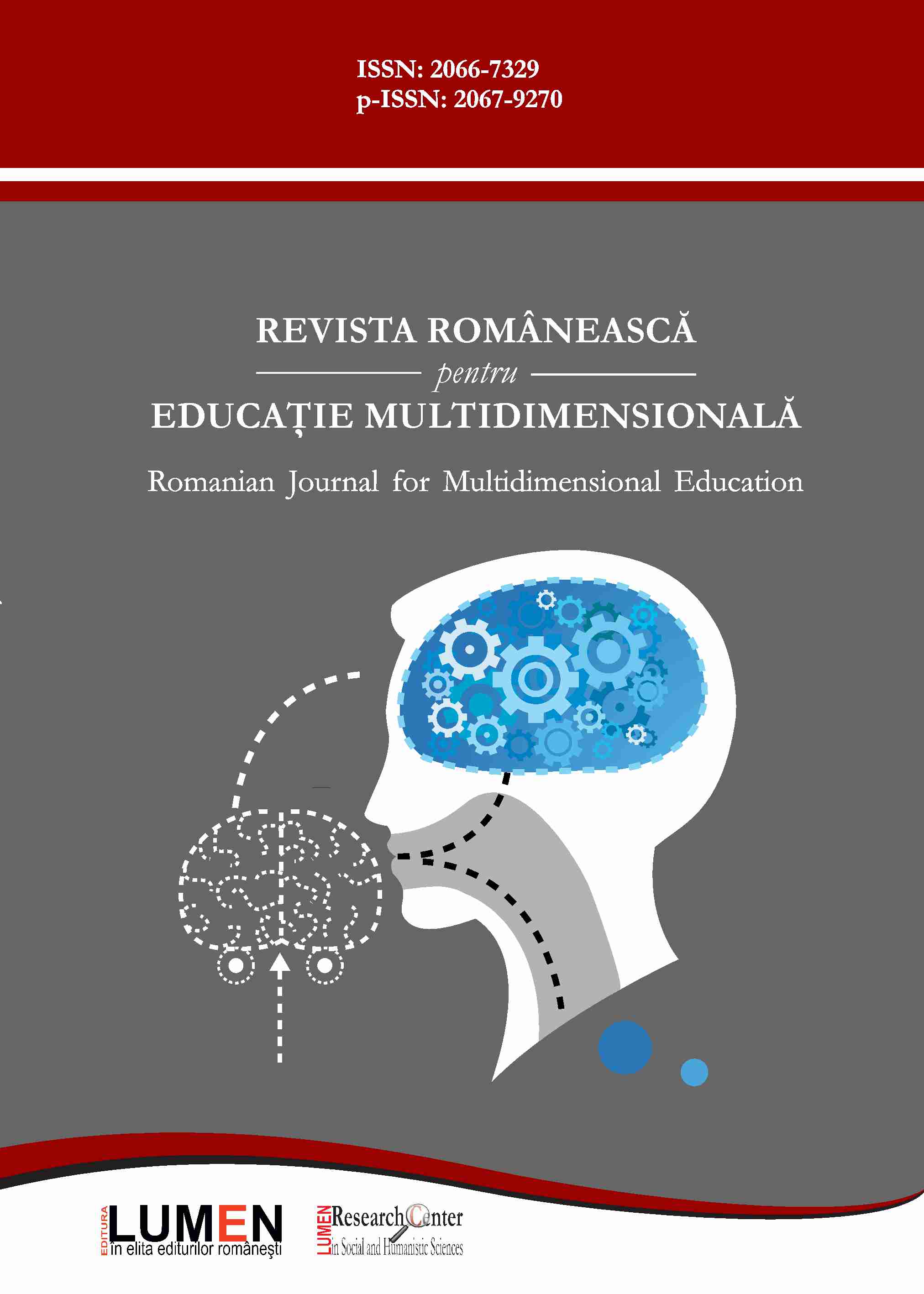Formation of Media Educational Skills of a Future Teacher in the Professional Training
Formation of Media Educational Skills of a Future Teacher in the Professional Training
Author(s): Olena Semenog, Olena Semenikhina, Petro Oleshko, Raisa Prima, Olena Varava, Roman PYKALIUKSubject(s): Social Sciences, Education
Published by: Editura Lumen, Asociatia Lumen
Keywords: media education; skills; media literacy; media culture; media text; professional training; language-teachers;
Summary/Abstract: The article deals with the solution of the problem of media education skills formation of the future teacher in the process of vocational training. The concept of “media education skills of the future teacher” is interpreted as a set of intellectual and practical actions that provide the ability of the individual to perform actions in search consciously, selection, processing, analysis, creation of media texts of different styles and genres, projecting and preparation of the results of media education activities. The groups of media-educational skills of the future teacher-dictionary are distinguished: language-communicative, analytical-interpretative, text-genre skills, information-technological, projecting.The model of media and educational skills formation of future language-teachers in the process of vocational training is developed and implemented. The model covers theoretical and methodological, substantive-procedural and diagnostic-resultant blocks, and is based on personal, competence, praxeological, cultural, text-centric approaches, involves taking into account didactic principles of interdisciplinary integration and aesthetics value of media texts. The effectiveness of the selected forms, methods and means, the result of which are formed by the ability to perceive, critically read, analyze, interpret, create media texts of different styles and genres through the creative application of professional theoretical knowledge, practical skills and techniques of media analysis, has been empirically confirmed. The sample size comprised the experimental group (EG) – 132 students and the control group (CG) – 124 students. Exclusive author’s tests were developed to confirm the validity of the results, which were processed according to Pearson’s criterion.
Journal: Revista Românească pentru Educaţie Multidimensională
- Issue Year: 12/2020
- Issue No: 3
- Page Range: 219-245
- Page Count: 17
- Language: English

